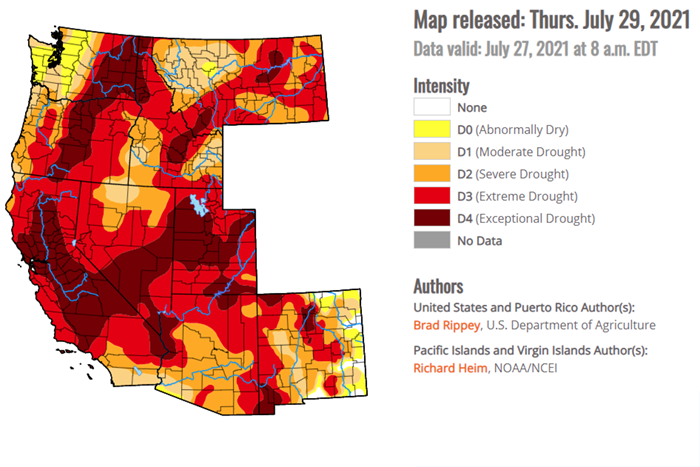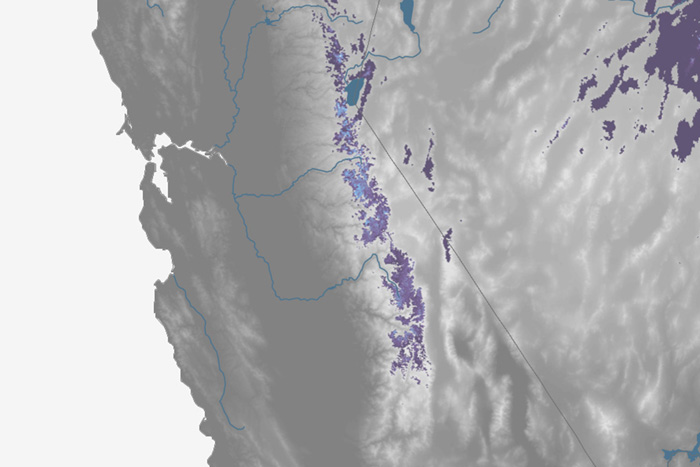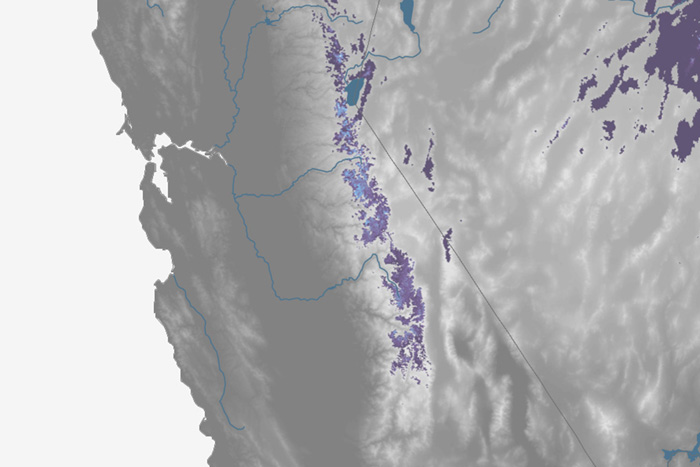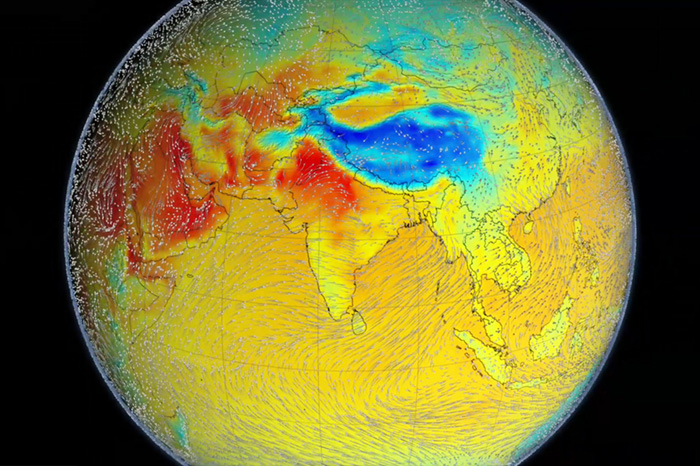
The Intergovernmental Panel on Climate Change (IPCC) released its Sixth Assessment Report (AR6) in August 2021. Three NOAA Climate Program Office-funded scientists were among the world’s top climate researchers who contributed to the latest IPCC report.

The project will build on outcomes from NOAA's community-led field campaigns, which have helped engage the Burlington community and have produced critical hyperlocal temperature information. This Q&A provides more information about the project.

New research shows how smoke-influenced clouds differ from their clean-air counterparts, with complex implications for weather and climate.

During early summer 2020, the western North Pacific remained in an almost quiet state, and the tropical cyclone frequency sank to the lowest level on record since 1979. A new research paper provides a possible explanation for the puzzling situation.

In December 2020, the National Integrated Drought Information System held a virtual workshop on flash droughts. The report from that workshop is now available online.

Home to 13 of the 20 largest metropolitan areas in the United States, our nation’s coasts face hurricanes, sea level rise, coastal erosion, natural resource depletion and more. A new white paper lists ways to better understand these complex, vulnerable ecosystems.

In response to the record-breaking drought, the National Integrated Drought Information System (NIDIS) joined federal, state, tribal and local partners in hosting a drought webinar specifically for western communities on July 20. The webinar, which now has a summary and recording available, provided the latest information on drought conditions and federal response efforts.

For the first time, California’s Fourth Climate Change Assessment included nine regional reports, including reports on San Diego and Sierra Nevada. The California Nevada Climate Applications Program evaluated the regional reports’ development and use.

Lessons learned from Hurricane Harvey may help disaster professionals better support preparing for extreme events across the United States. A new report offers insights for businesses and nonprofits in Port Arthur and Beaumont, Texas.

Among the most important summer climate events in the Northern Hemisphere, the South Asian summer monsoon affects more than a billion people. A new study measures how changes in global mean surface temperature will affect the monsoon.